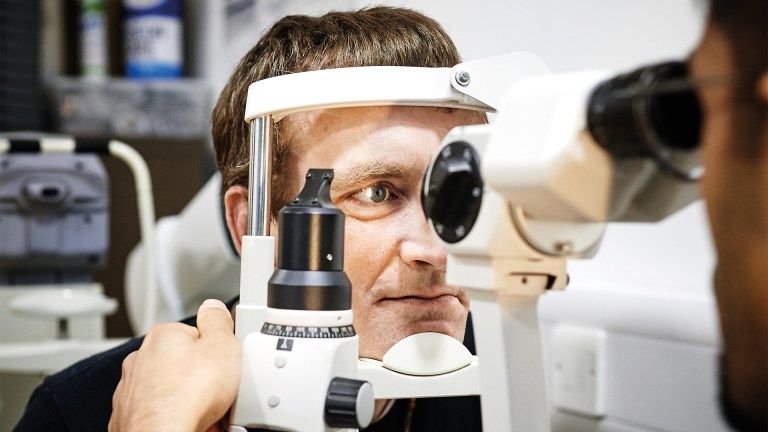Covid-19’s impact put significant pressure on many people’s mental health. Research found that in 2020, an estimated 76 million cases of anxiety and 53 million cases of depression were reported.
The deterioration of mental health has hit an all-time high record in England. Recent research from the ONS has shown that one in six adults experience depression, compared to one in ten before the pandemic.
Mancao discussed how she has noticed a significant shift in the stigma surrounding mental health.
“I think that people have been more in touch with their mental health in these last two years. There’s been a huge shift in the destigmatisation of mental health, towards talking about mental health, taking care of our mental health.
“People have been more open talking about their anxiety, depression. There’s been a lot of anxiety around the future, anxiety around finances – reintegrating back into society.”
A study conducted in 2020 by the American Psychological Association revealed that 84 per cent of psychologists in the US are predominately white, which Mancao flags as a big issue.
Advertising helps fund Big Issue’s mission to end poverty
“We need providers that are culturally competent, that can understand and relate to the different cultural nuances of each individual,” she said.
“Not only are we lacking in terms of the quantity of mental health providers, but we’re also lacking in terms of representation – having a therapist from different cultural backgrounds to be able to appropriately treat clients from different cultural backgrounds.”
In the US, African Americans, Latinx and Asian Americans receive 50–70 per cent less mental health care than white people.
“Therapy is costly, especially if you don’t have insurance. For the most part, it is really a privilege to be in therapy, when it really should be a right,” Mancao said.
“Those that are disproportionately impacted are typically people of colour because they largely are uninsured”.
Mancao offers advice to individuals who are currently struggling to open up about their mental health.
Advertising helps fund Big Issue’s mission to end poverty
“It does feel scary to speak up about it. But things that are scary, or oftentimes very doable. if you’re struggling with your mental health, it’s important to talk about it with anyone, a friend, anyone that feels safe to you.”
She continued: “If you’re struggling with talking about your feelings, I recommend journaling because that’s a safe space. Start with being honest with yourself about how you’re feeling and putting it down on paper.”
Follow Alyssa on Instagram










